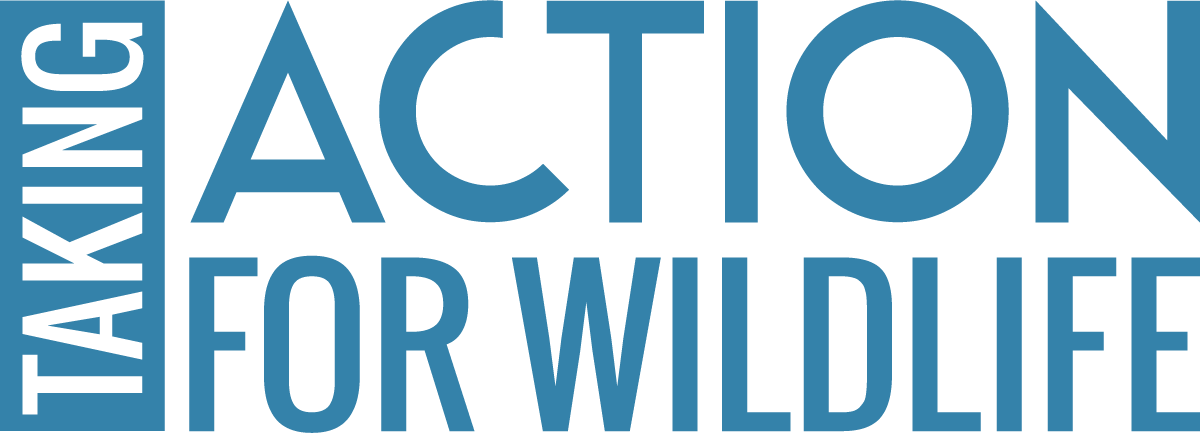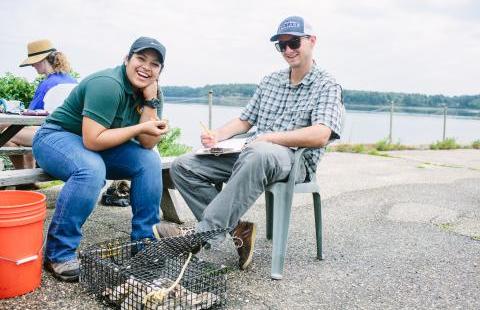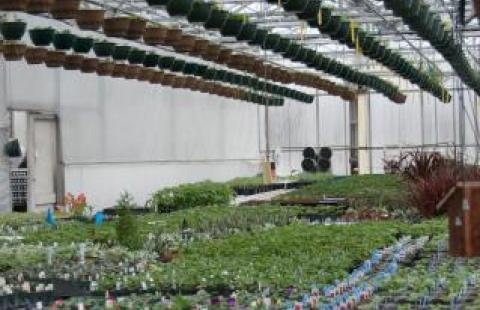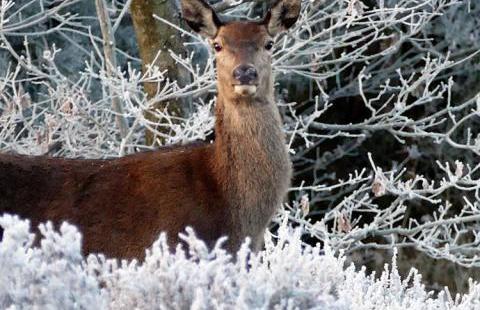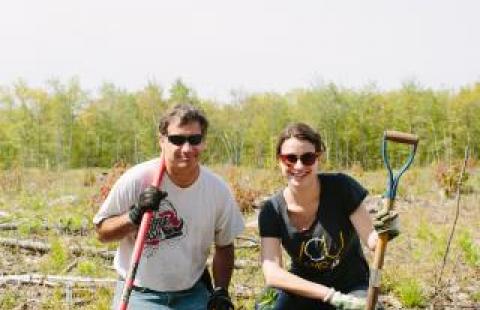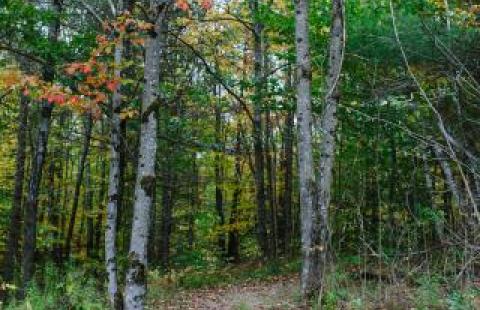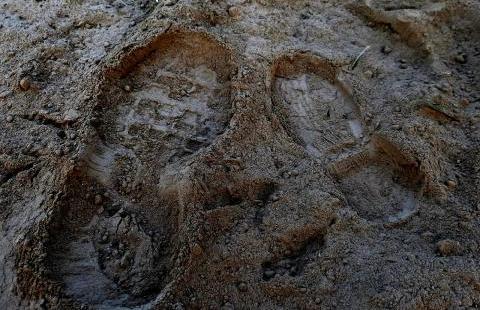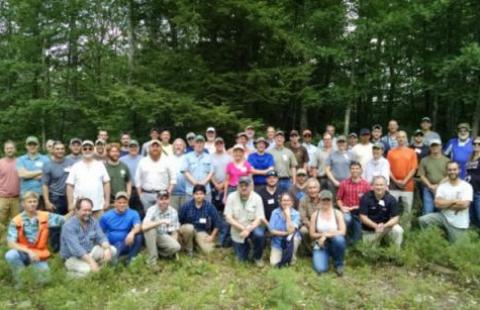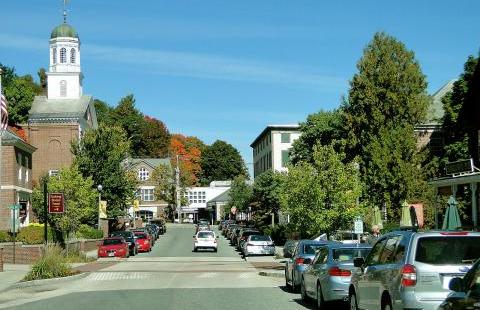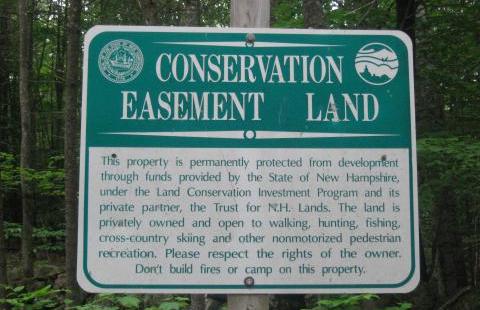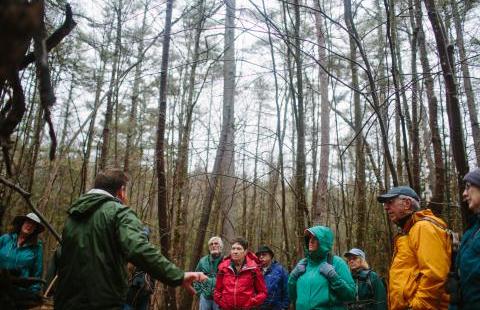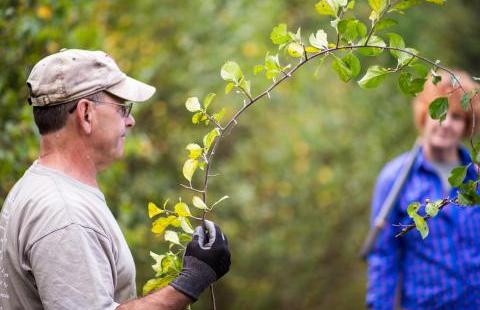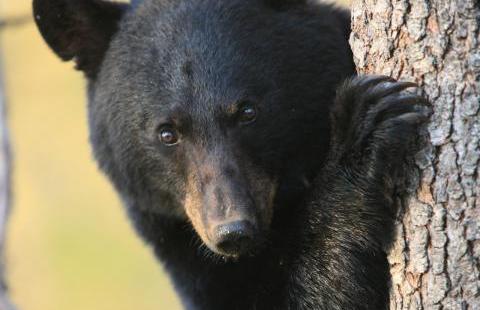Citizen Science is a process by which both professional and volunteer scientists collaborate to investigate the world around them. Anyone can become a...
Learn More
Individuals and communities who are looking to help conserve pollinators can plant habitat that supports their populations, including a diversity of ...
Learn More
While most people who feed deer in the winter are well-intentioned, there are a number of negative consequences to their actions.
Learn More
Volunteering in nature is a great way to learn about natural resources and the environment while giving back to the places you care about. Nature Grou...
Learn More
Thoughtful trail location allows us to get outside to enjoy nature and also minimize disturbance to wildlife.
Learn More
Ultimately, the best way to protect wildlife and habitats in the face of climate change is to reduce the amount of greenhouse gases that are contribut...
Learn More
A professional licensed forester will help you to develop and execute a vision and plan for your property. Working with a licensed forester will help ...
Learn More
There are many opportunities for municipalities to include climate impacts and wildlife protection in plans, policies, and regulations.
Learn More
Using your wildlife conservation plan and natural resources inventory as a guide, you can start working on conservation projects to protect important ...
Learn More
Conservation and education organizations throughout New Hampshire offer a variety of workshops and trainings focused on wildlife habitats, forest mana...
Learn More
People who are aware of the problems associated with invasive plants can end up getting discouraged, once they realize that yes, they are all over the...
Learn More
We love wildlife, but when wild animals are in the wrong place at the wrong time - bears at your bird feeder, skunks under your porch, or deer in the ...
Learn More

